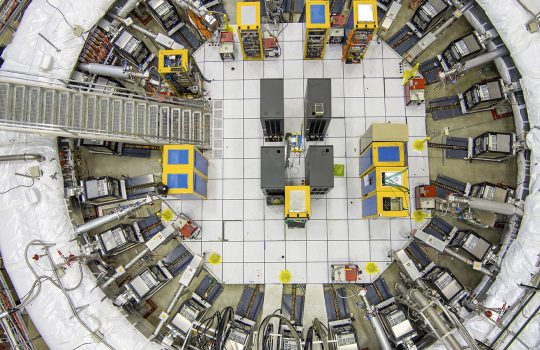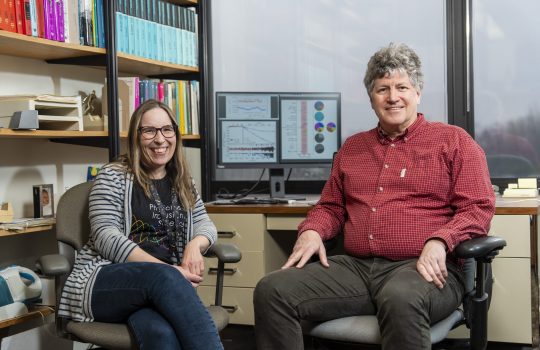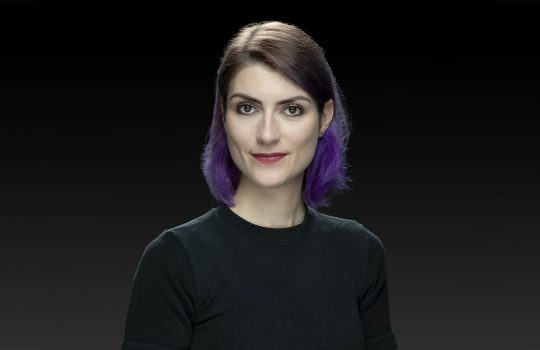A long-running experiment finds a tiny particle is still acting weird
Associated Press, June 3, 2025
Final results from the Fermilab Muon g-2 experiment was announced on June 3, showing a tiny particle continues to act strangely — but that’s still good news for the laws of physics as we know them.



